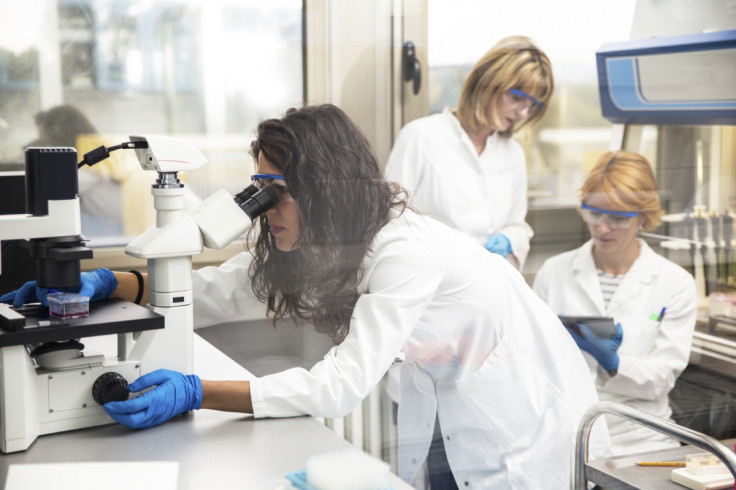Scientists 'exaggerate' their findings, says study of research from the last four decades

Researchers at the University of Utrecht in the Netherlands have found that scientists are exaggerating their findings more and more. The study looked at scientific abstracts published between 1974 to 2014 for the frequency of certain 'positive' and 'negative' words.
The positive words included words like: astonishing, groundbreaking, novel, robust and unique; whereas the negative selection included words like: detrimental, disturbing, unacceptable, useless and worrisome.
The researchers found an increase in both sets over time but that increase was far more striking in the positive set. Usage of positive words in scientific papers increased by 880%. The frequency of the word 'robust' increased almost 15,000%; 'unprecedented' increased by almost 5000%. But even when the very highly increased words were omitted, the overall increase was still 540%.
The study suggests a likely explanation: "scientists may assume that results and their implications have to be exaggerated and overstated in order to get published. Our finding that scientific abstracts use more overt positive language is also probably related to the emergence of a positive outcome bias that currently dominates scientific literature."
"There is much pressure on scientists in academia to publish as many papers as possible to further their careers. As a result, we may be afraid to break the bad news that many studies do not result in statistically significant or clinically meaningful effects."
The researchers highlighted that this could suggest a worrying trend: "Currently, most research findings could be false or exaggerated, and research resources are often wasted." They said it could make science less about finding the truth and instead "it makes research a survival of the fittest."
© Copyright IBTimes 2025. All rights reserved.






















